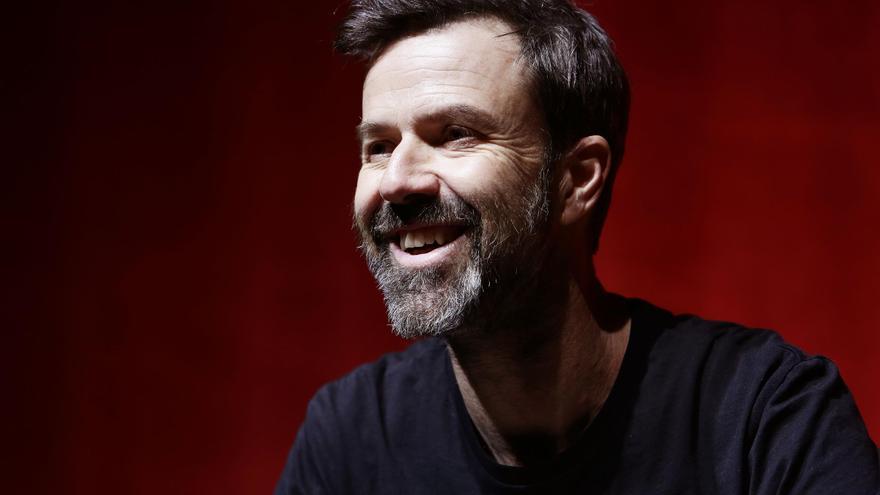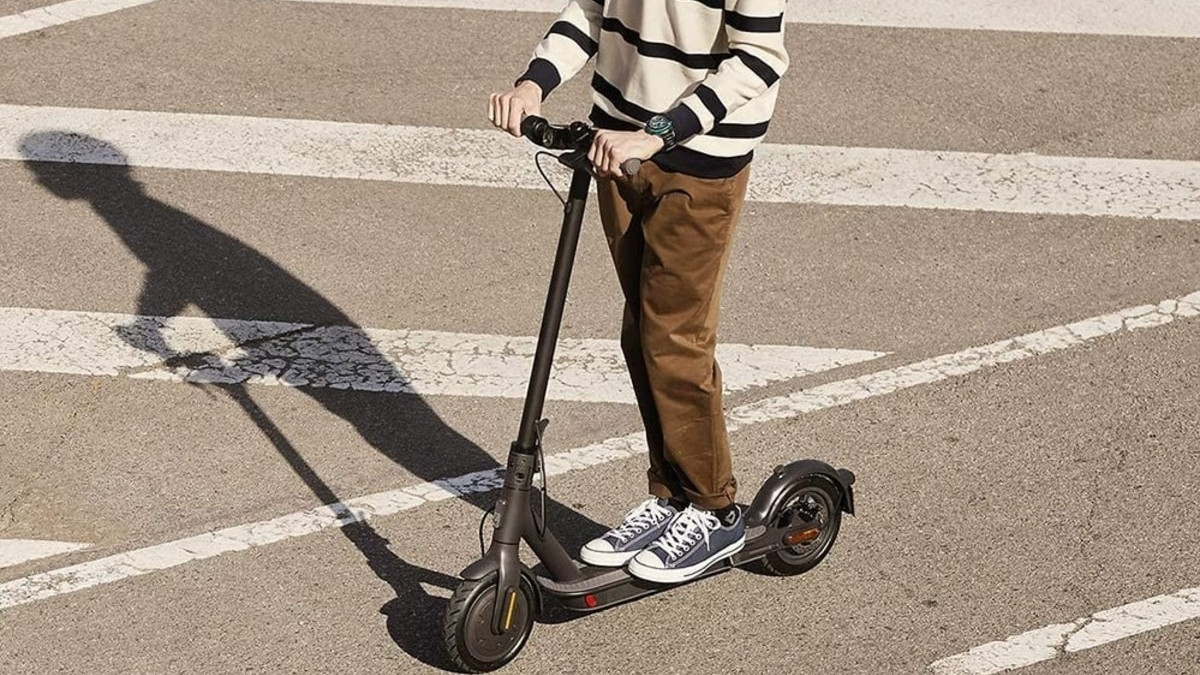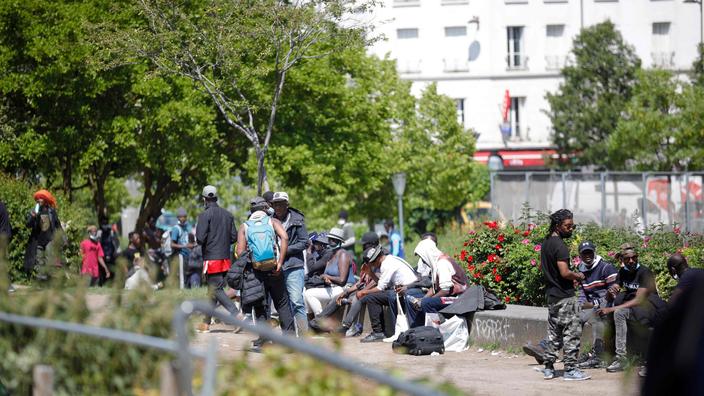Not least expected, the news of the Pau Donés’s death shook the Spanish and Latin American music scene a year ago, a wound that has not yet healed, while his songs and his fight survive among his fans and through his family through the project ‘Jarabe contra el Cancer‘.
It was on the morning of June 9 of last year when, in a brief statement published in the social media, his family announced the death of the leader of Jarabe de Palo at the age of 53, after having relapsed into cancer that was diagnosed in 2015, and of which a year later he came to proclaim that he had been cured.
The worsening of his condition was already visible months before, when Donés, in full confinement by the covid, decided to publish the video of the song ‘Vuelvo’, recorded on the balcony of his house, or in his appearance in the video clip of the single ‘Eso que me das’, along with his daughter Sara, just two weeks before his death . Knowing his fatal destiny, he had decided to advance part of his latest album, ‘Tragas o espepes’, his official return to music, and the chosen song, by vital and optimistic toneIt was a way of thanking all his followers for their support in the most difficult moments of his life.
‘That you give me’ was also the title of the documentary that the journalist dedicated to him Jordi Évole after talking with the singer in his last days at his home in the Vall d’Aran, and where Donés expresses his thoughts, fears and desires with an open heart. An extremely thin Donés, intubated and with barely a small voice that, in his conversation with the journalist, is capable of joke around and talk calmly about their situation, and in which he assures that he feels “happy”, although he clarifies that it is “a bastard happiness”, because he thinks why can’t he stay a few more years enjoying life.
A documentary that was presented at the Malaga Festival at the end of August, hit theaters on September 30, where it was a notable success, and which will be broadcast again on the Sixth Morning, one year after the singer’s disappearance.
The reactions of regret for the death of the author of ‘La Flaca’ and the recognition of his influence as a benchmark in Latin music came immediately from artists such as Alejandro Sanz, Ana Belén, Luz Casal, Estopa, Hombres G, Bunbury, Antonio Orozco, Ismael Serrano, Pablo Alborán or Rozalén in Spain, and Rubén Blades, Jorge Drexler, Juanes or Carlos Vives from Latin America, among many others.
Three days after his death, in a meeting held by the Kings in Madrid with professionals from the world of creation and culture, Philip VI wanted to remember the figure of Pau Donés, whom he had called by phone a few years earlier to inquire about his health, as the singer had confessed in an interview.
The 40 Music Awards in December had their most emotional moment with a tribute to Pau Donés and the delivery of a Golden Music Award posthumously for his career, and on December 11 another video clip of Jarabe de Palo was published, in this case of the song ‘Mysteriously today’, with images recorded during the last days of Donés’ life, in which he is seen walking through the mountains with his dog Noodles.
The last Minister council of the year 2020 approved the concession to Pau Donés, posthumously, of the Gold Medal for Merit in Fine Arts.
The first anniversary of Donés’s death will bring with it new acts of recognition and tribute to the artist by friends and fans, as well as initiatives to raise funds for the cancer projects in which he was involved. Also on July 24 will be held in the town of Montanuy in Huesca, closely linked to the singer and his family, a tribute concert within the Sonna Huesca festival, in which his colleagues from Jarabe de Palo will perform, interpreting many of the best known songs of group together with other musicians on the national scene, such as Adriá Salas (La Pegatina), Marinah (Ojos de Brujo) or La Mari (Chambao).
They will be acts with an undoubted emotional background with which, in some way, an attempt will be made to suture a wound that is still too recent to be closed.
–
.


